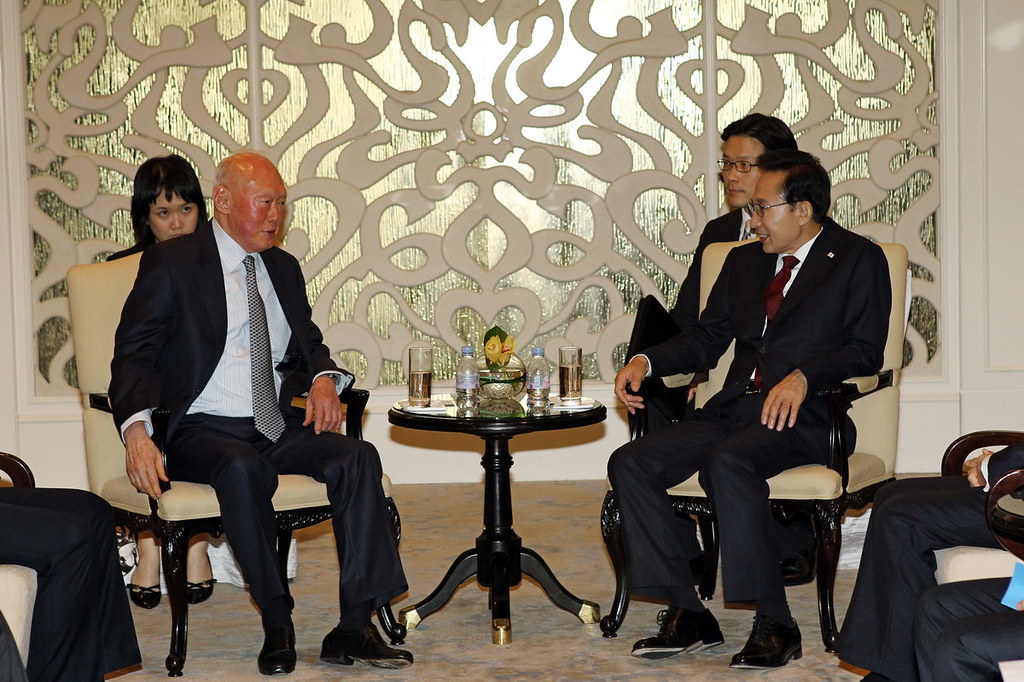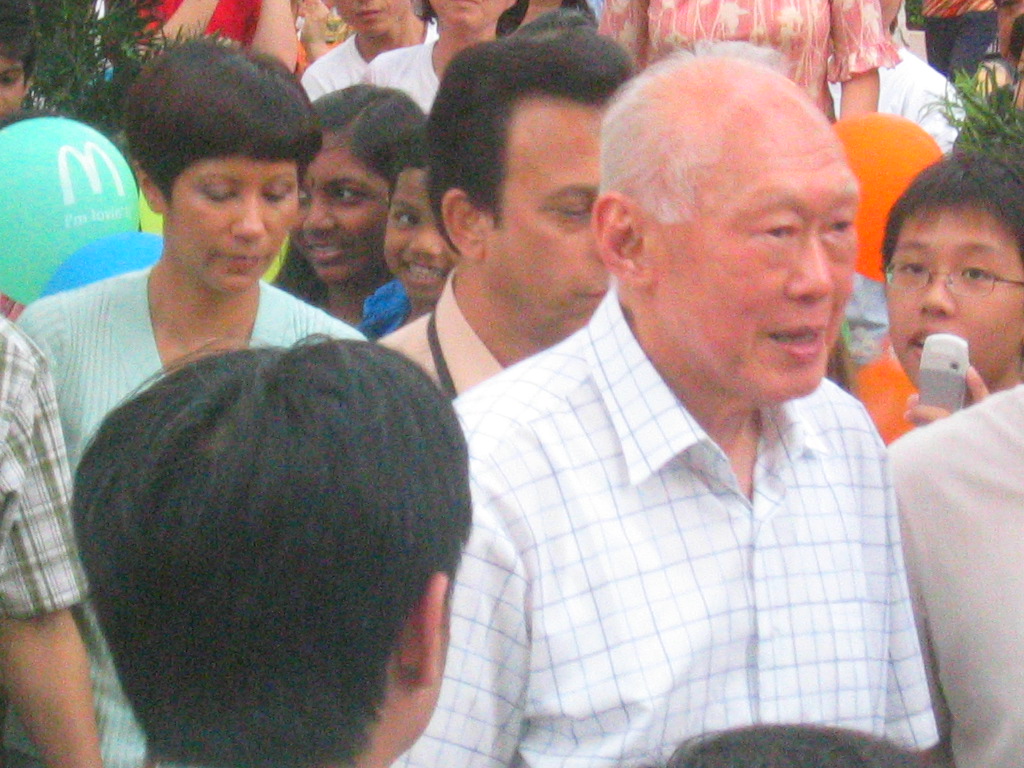I am often accused of interfering in the private lives of citizens. Yes, if I did not, had I not done that, we wouldn’t be here today

Lee Kuan Yew, the founding father of modern Singapore and its first Prime Minister, claimed, “I am often accused of interfering in the private lives of citizens. Yes, if I did not, had I not done that, we wouldn’t be here today.”
This statement provides a glimpse into Lee’s leadership style, governance philosophy, and the role he believed a strong central authority should play in shaping the trajectory of a nation. To comprehensively explore this quote, we need to delve into Lee Kuan Yew’s political career, the context of Singapore’s development, and the implications of his approach to governance.
Historical and Political Context:
- Founding of Modern Singapore: Lee Kuan Yew played a pivotal role in Singapore’s transformation from a British colony to a prosperous and modern city-state. Singapore gained independence in 1965, and under Lee’s leadership, it rapidly evolved into a global economic hub.
- Challenges Faced by Singapore: At the time of Singapore’s independence, the nation faced numerous challenges, including racial tensions, economic instability, and a lack of natural resources. Lee’s leadership is characterized by a determined effort to overcome these challenges and establish Singapore as a stable and prosperous nation.
Lee Kuan Yew’s Governance Philosophy:
- Authoritarianism and Pragmatism: Lee Kuan Yew’s leadership style is characterized by a pragmatic and authoritarian approach. He believed in strong, centralized governance as a means to achieve social stability, economic development, and national unity.
- Nation-Building and Social Engineering: Lee saw the state’s intervention in various aspects of citizens’ lives as a necessary tool for nation-building. This involved policies that aimed at fostering social cohesion, economic progress, and civic responsibility.
Interpreting the Quote:
- Defending Interference in Private Lives: Lee’s acknowledgment of being accused of interfering in citizens’ private lives is followed by an unapologetic affirmation. His statement suggests that he perceived such interference as essential for the nation’s progress and survival.
- Causality Between Intervention and Success: The latter part of the quote, “had I not done that, we wouldn’t be here today,” implies a causal relationship between Lee’s interference in private lives and Singapore’s present state of success. It reflects his belief that without such intervention, Singapore might not have achieved the level of development and stability it enjoys.
Implications and Critiques:
- Nation-Building and Social Harmony: Lee’s interventions were often aimed at fostering social harmony in Singapore’s multicultural society. Policies such as the Housing and Development Board (HDB) flat allocation based on ethnic ratios are implemented to prevent the formation of ethnic enclaves and promote integration.
- Economic Development and Industrialization: Lee’s government actively intervened in the economy, promoting industrialization and foreign investment. The Economic Development Board (EDB) played a key role in shaping Singapore’s economic landscape.
- Critique of Authoritarianism: While Lee’s leadership is credited with Singapore’s success, it is also faced criticism for the limitations it placed on political freedoms and civil liberties. The trade-off between economic success and individual freedoms remains a subject of debate.
- Social Engineering and Personal Freedoms: Lee’s approach to social engineering, while contributing to social cohesion, raised concerns about individual freedoms. Strict regulations on issues such as censorship, public assembly, and political dissent are often cited as examples of a controlled society.
Legacy and Contemporary Relevance:
- Singapore’s Global Standing: Singapore’s rise as a global economic powerhouse is often attribute to the policies implemented during Lee’s tenure. The nation’s success in areas like education, healthcare, and infrastructure was viewed as a testament to the effectiveness of his governance philosophy.
- Evolution of Governance: Lee Kuan Yew’s legacy extends beyond his time in office. Singapore’s subsequent leaders have built upon his foundations, adapting governance strategies to meet evolving challenges while maintaining certain key principles.
- Global Influence: Lee’s ideas on governance and state intervention have been studied and debated worldwide. Singapore’s success story has made it a model for nations seeking rapid development and stability, though the applicability of its model to diverse cultural and political contexts is a matter of ongoing discussion.

Personal Reflection on the Quote:
- Leadership and Accountability: Lee’s acknowledgment of accusations and his unapologetic stance reflect a leader who is willing to take responsibility for controversial decisions. It underscores the accountability that he felt towards the nation’s trajectory.
- Balancing Act: The quote invites reflection on the delicate balance between state intervention and individual liberties in the pursuit of national objectives. It prompts consideration of the ethical dimensions of governance decisions that impact citizens’ private lives.
Conclusion:
The quote “I am often accused of interfering in the private lives of citizens. Yes, if I did not, had I not done that, we wouldn’t be here today” encapsulates Lee Kuan Yew’s pragmatic and interventionist approach to governance. It reflects the challenges and imperatives faced by a leader in the process of nation-building. Lee’s legacy is complex, with his interventions contributing to Singapore’s success while also sparking debates about the trade-offs between economic progress and personal freedoms. The quote remains a thought-provoking lens through which to examine the dynamics of state intervention, leadership accountability, and the intricate relationship between individual liberties and national development.

